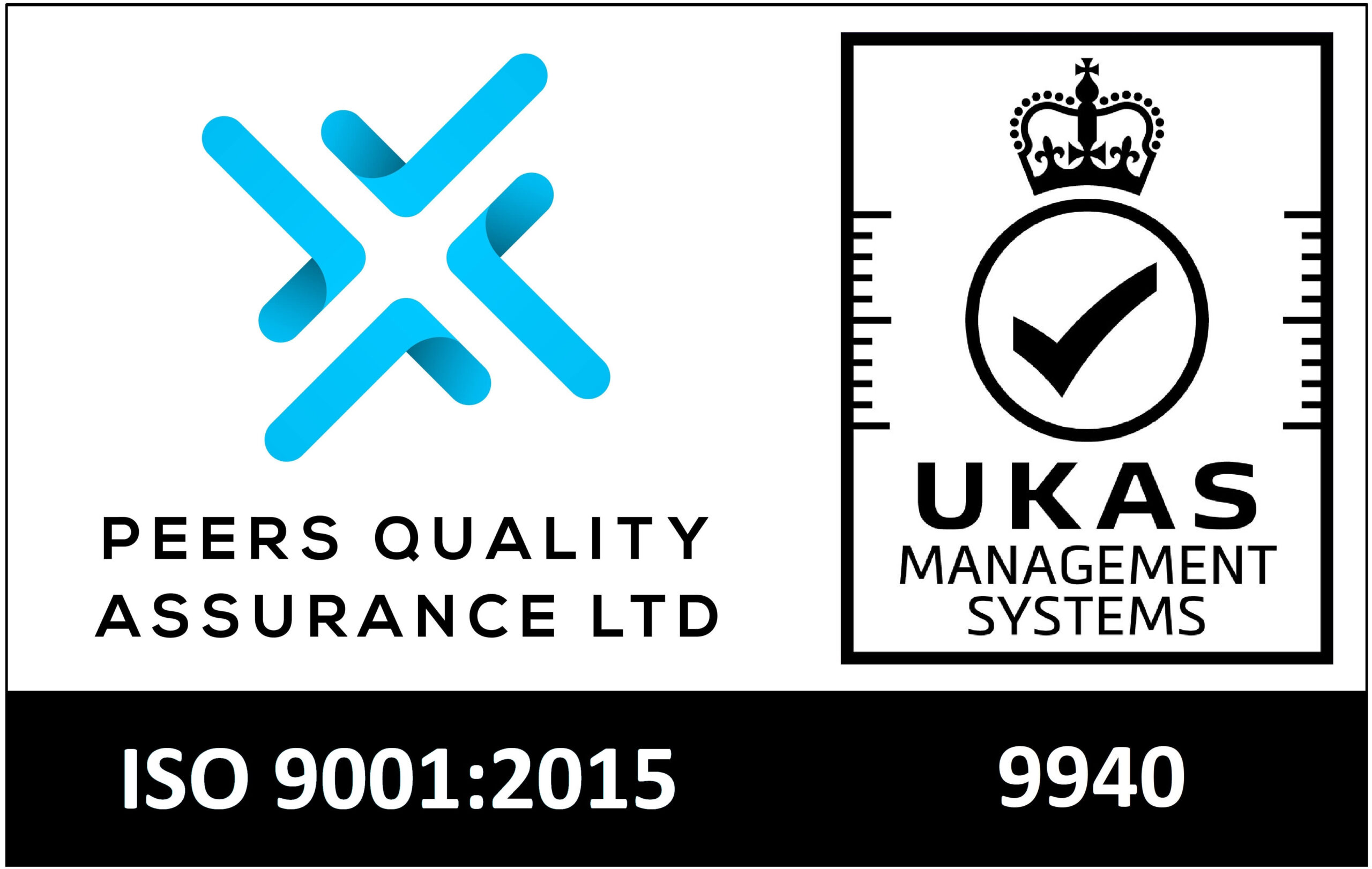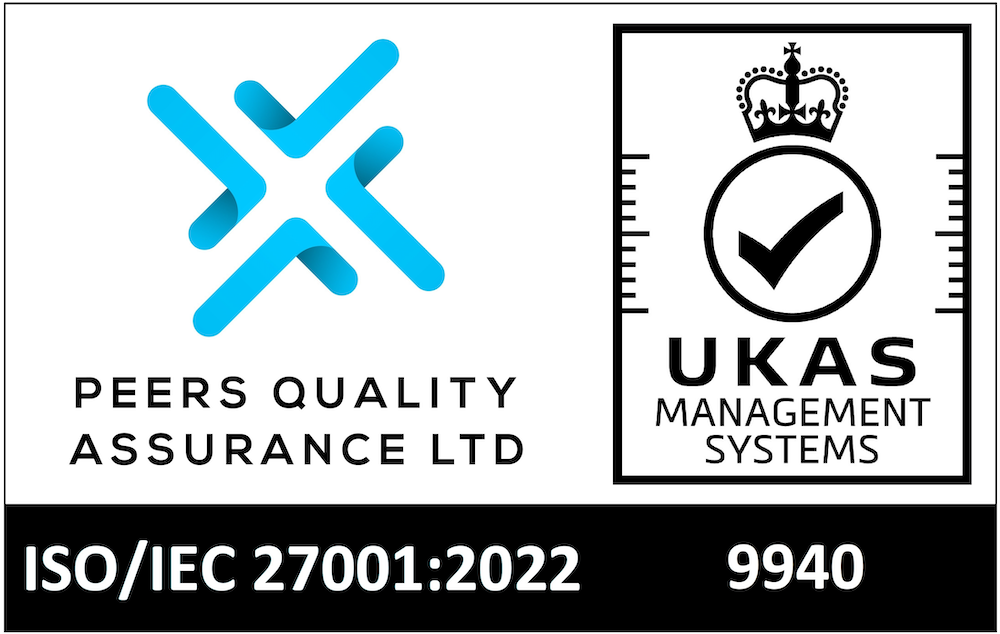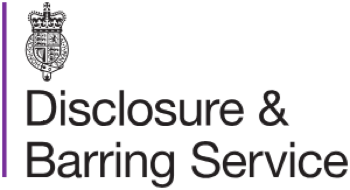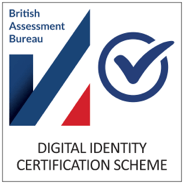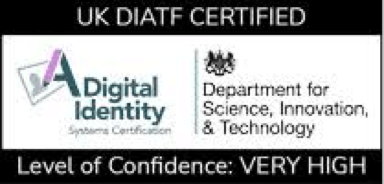Author: Joey Lyons
When thinking about doing pre employment checks of potential employees, business often only think about making sure they haven’t got a criminal record by doing a dbs check but there’s more to an employee background check than that.
Companies can face severe difficulties if it turns out that an employee’s CV isn’t quite what it was cracked up to be and vetting of a potential hires’ qualifications is a must.
Pretending to have qualifications and experience that they don’t actually have may seem fairly harmless from the applicants’ point of view but for the company, there are some serious issues that might occur.
At a lower level, it may not be appropriate to worry too much about qualifications, after all, if someone is applying for a simple job then it may be more appropriate to offer them a working trial.
But in some industries, this isn’t an option as they’ll have minimum standards that have to be attained.
A good example of this is the security industry where door staff and manned guarding activities are licensable by the SIA in the UK and the PSA in ireland. Carrying out this work, or employing others to do this when they do not have a license is a criminal offence.
In fact, any regulated industry, from care work to financial services will require a certain amount of checking on the veracity of employees’ claims regarding their qualifications and experience.
In financial services, there are many roles that are regulated. Pension and financial advisors must have attained a minimum level of qualification for example and employees of banks and other financial services need to pass a ‘person of significant influence’ test to be allowed to carry on business.
Within care work, social workers within Ireland, England and Wales are required to hold minimum educational standard and be registered, as are other care professionals such as nurses, midwives, and doctors.
For these, and many other areas of work, businesses that employ people who are not registered or who do not hold the relevant qualifications can face fines and in some cases criminal proceedings leading to imprisonment for directors or managers.
For other business, whilst there may not be criminal consequences for not checking employees’ qualifications, there are very definite reputational risks.
One only has to look at the case involving Karen Carberry who defrauded her employers Reed after claiming to be a qualified accountant or indeed former Dean of Massachusetts Institute of Technology Marilee Jones who it transpired did not even have an undergraduate degree.
In both these cases, significant embarrassment was caused to the organisations concerned and their reputations damaged, some would say irreparably not only with their customers (or students) but also within their wider sector.
As we can see, checking qualifications is an important part of the hiring process and one that employers neglect at their peril. Hiring someone who is dishonest about the qualifications they hold can not only prove financially costly but can also damage the reputation of the organisation and the team that originally hired in the first place.
The Checkback Group provide class-leading employee vetting services to organisations that want to be certain that they are getting the very best employees. Our services include vetting of employment history, right to work checks, qualifications (directly with granting organisation) and checking experience and referees.
Call us now for an informal chat about your requirements and how we can help.
UK office 01442 816 333 or email support@checkback.co.uk

